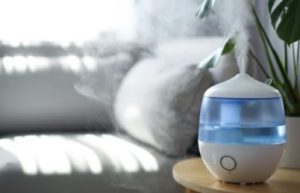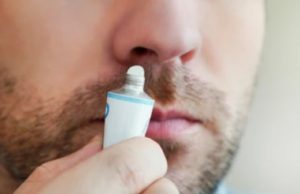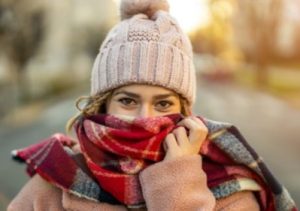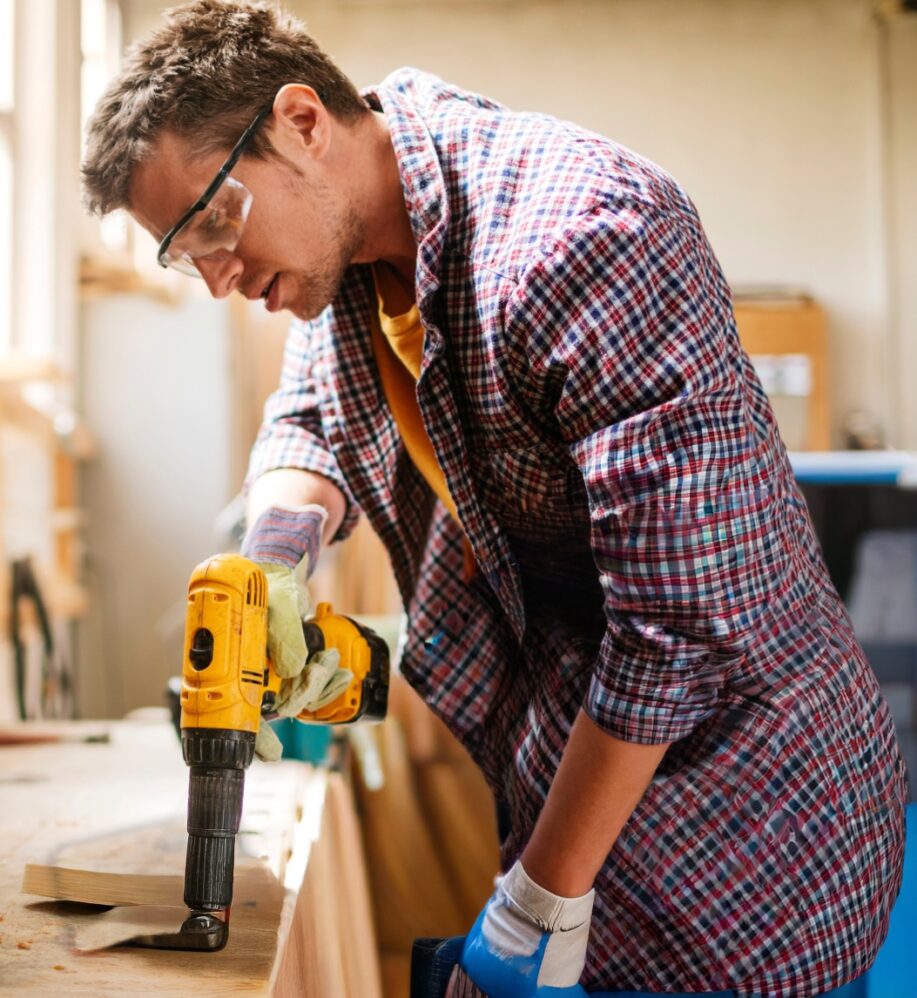Nosebleeds, also known as epistaxis, occur when the delicate blood vessels inside the nose rupture, leading to bleeding. Although nosebleeds are usually not serious, they can be bothersome, result from various factors, and affect anyone regardless of age. This article provides practical advice on sudden nosebleeds: causes and first aid, as well as tips on maintaining optimal nasal health.Discover how to prevent nosebleeds (epistaxis) with simple daily habits, and in addition, learn about the main causes. Moreover, you will find practical first aid tips and guidance on when it is necessary to consult a doctor.
For example, certain conditions such as allergies, sinus infections, high blood pressure, or blood clotting disorders can be underlying causes of nosebleeds (epistaxis). Therefore, understanding these factors is important for effective prevention, and in addition, you should always discuss your treatments and possible side effects with your doctor or pharmacist.
1. Humidify Indoor Air
Dry air can irritate and dry out the nasal passages, making them more prone to bleeding. For this reason, using a humidifier—especially in winter when heating systems reduce indoor humidity—helps maintain a moist environment. In addition, this is particularly important for people with a history of recurrent nosebleeds.
Tip: Hang damp laundry in your bedroom overnight to naturally increase humidity levels.

2. Stay Hydrated
In addition to other healthy habits, drinking enough water is essential for overall health, including the health of your nasal passages. As a result, proper hydration keeps the nasal mucosa moist and, consequently, reduces the risk of bleeding.
3. Keep Your Nasal Passages Moist
Moreover, rinsing your nasal passages with saline solution on a regular basis helps relieve dryness and irritation, therefore lowering the risk of bleeding.

4. Avoid Nose Picking and Blow Your Nose Gently
A common cause of nosebleeds is trauma to the nostrils, often from frequent nose picking. Instead, blow your nose gently—preferably one nostril at a time—so as not to damage fragile blood vessels.

5. Apply Moisturizing Nasal Ointments
Moisturizing ointments can also be applied gently inside the nostrils to help keep them moist. However, always consult a healthcare professional before use, particularly if you have pre-existing medical conditions.

6. Protect Your Nose in Extreme Temperatures
Extreme heat or cold can dry out the nasal lining and increase the risk of bleeding. Therefore, use a scarf or mask to protect your nose, especially during winter months or if you live in an arid climate.
7. Avoid Smoking and Vaping
Smoking and vaping involve inhaling chemicals that irritate and dry the nasal mucosa, making it more vulnerable to bleeding. Furthermore, smoking not only harms your health but also affects those around you. Consequently, quitting provides immediate and long-term health benefits.

8. Consult a Doctor for Underlying Conditions
Certain conditions, such as allergies, sinus infections, high blood pressure, or blood clotting disorders, can be underlying causes of nosebleeds (epistaxis). Understanding these factors is important for effective prevention, so always discuss your treatments and possible side effects with your doctor or pharmacist.

Conclusion
Understanding sudden nosebleeds: causes and first aid is key to effective prevention. With that in mind, by maintaining proper hydration, humidifying your living environment, avoiding nasal trauma, and seeking medical advice when needed, you can manage most cases successfully. However, persistent or heavy bleeding should always be assessed by a healthcare professional.
👉 Tip: Keep hemostatic swabs and first-aid dressings in your home kit so you are prepared to stop a nosebleed quickly and safely.
Sources :





